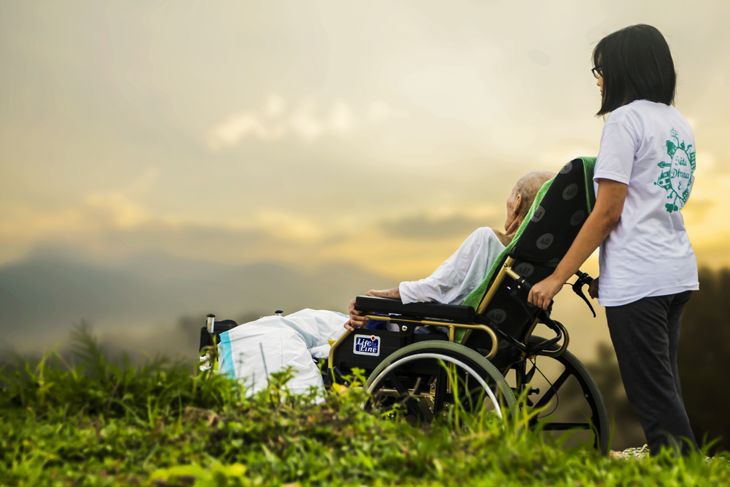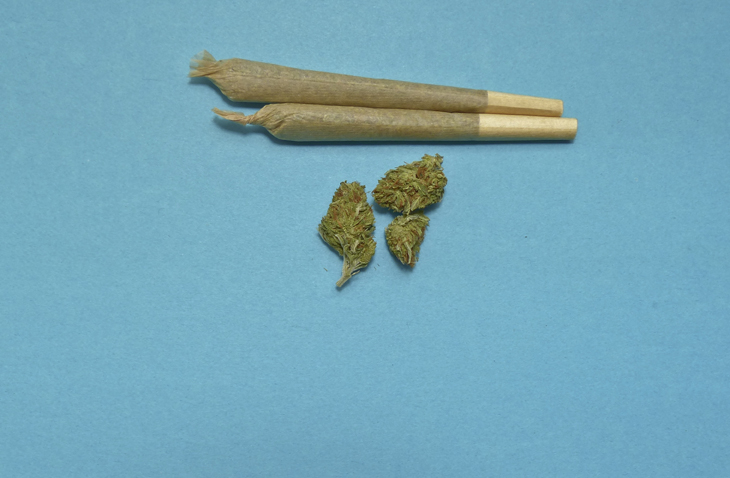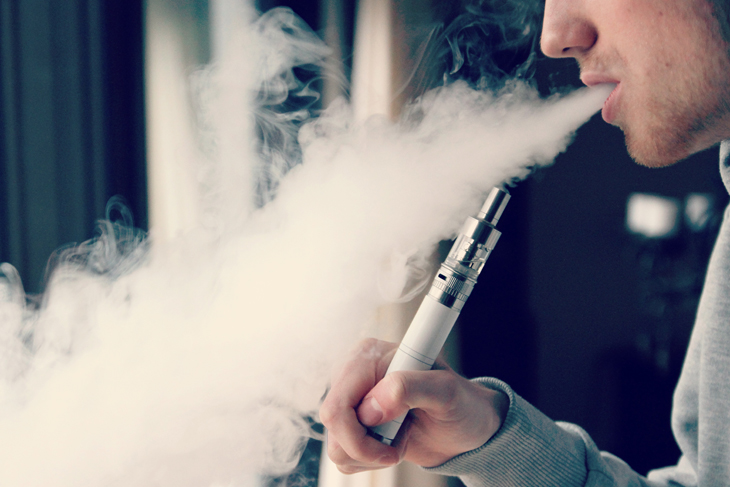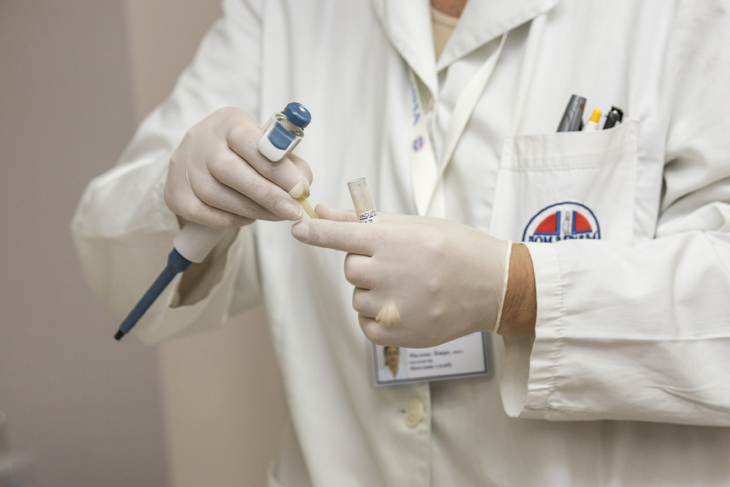Compared to its sister on the west coast, New York is surprisingly conservative when it comes to medical marijuana. Since 1996, the Golden State has allowed people with a range of illnesses and conditions access to this miracle drug, and it has improved countless lives since then.
However, New York has only legalized medical marijuana in 2014, and the conditions that you must meet to qualify are long and strict. Coming into 2018, there are several things that you’ll need to know if you’re a New Yorker who wants to use medical marijuana.
Conditions for Medical Marijuana Use

If you live in New York and want to use medical marijuana, make sure your condition is on the approved list set by the government.
Firstly, the list of conditions that render you eligible for MMJ is quite limited in New York. There are only certain ailments that qualify you to receive medical marijuana, and the laws are very strict in adhering to the recommendation of MMJ to them.
If you suffer from cancer, HIV/AIDS, ALS, Parkinson’s Disease, Multiple Sclerosis, spinal cord damage with intractable spasticity, epilepsy, inflammatory bowel disease, neuropathies, chronic pain, chronic nausea, severe muscle spasms, cachexia or Huntington’s Disease, you will be eligible for treatment with medical marijuana, but depression, anxiety and other mental health conditions are sadly not covered.
The good news is that, effective in 2017, medical professionals will be able to recommend treatment of medical marijuana to patients online, and they will not have to undergo an in-person consultation in order to receive their medical marijuana card. However, it is not the only documentation that you will need in order to receive an MMJ recommendation.
As well as the recommendation from a healthcare professional, you will need to gather your medical records, outlining that you suffer from one of the approved conditions for treatment by medical marijuana. You then have to submit these documents, along with proof that you are a resident of the state of New York, to the state authority. Then you will receive your medical marijuana card, which will allow you access to state dispensaries.
Another thing to remember when applying for a medical marijuana card in New York is that your medical professional will have to recommend the strain for your treatment and you will only be able to buy this specific strain. This eliminates any chance for experimentation with different treatment types and forms.
It is very important to have a clear and honest discussion with the medical professional who is carrying out your consultation so that they can decide what is the best course of treatment for you.
All About MMJ Laws in New York
Since bringing in its laws in 2014, New York is slowly but surely relaxing them. Certain conditions have been added since the laws were brought in and there is no limitation on the potential of conditions that can be added. This is at the discretion of the state governor, so depending on the politics of upcoming politicians, more conditions may be added to assist citizens of New York.
Campaigners are fighting for looser laws that will help more patients, but this will take time and is dependent on sympathetic legislators taking medical marijuana seriously as a legitimate treatment for numerous ailments.

Dispensaries in New York, which are limited in numbers, can only dispense certain forms of medical marijuana to patients.
Laws regarding dispensaries in New York are also very strict. Dispensaries can only dispense certain forms of medical marijuana to patients depending on their recommendations, and there is a limit on the amount of dispensaries that can be operated by the same owner. Dispensaries must also be fully registered with the state and will undergo regular inspections to ensure that they are operating to the full letter of the law.
It is also very important to remember that the personal cultivation of medical marijuana is still illegal, despite medical marijuana being legal. If you are able to access medical marijuana in New York, you are still unable to grow it for yourself. All MMJ must be accessed and purchased through a state-sanctioned dispensary through the form recommended for you by a medical professional. You will be liable for legal consequences if you grow your own medical marijuana.

As more people become educated about the benefits of medical marijuana, more states will start to legalize it.
While these limitations are frustrating, especially given the much more liberal laws in other states, the future is likely to be easier for medical marijuana patients. As stigma is reduced and the world at large becomes more educated about the benefits of MMJ, legislation will follow.
The public are mostly sympathetic to patients being treated with medical marijuana and the stereotype of stoners trying to circumvent the legal system is slowly but surely being demolished. The best thing to do if you live in New York is to live to the letter of the law, carry on taking your medication as advised, and hopefully as time goes on and the law is relaxed, everyone who needs treatment with MMJ will be allowed to access it in New York.

